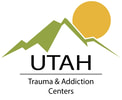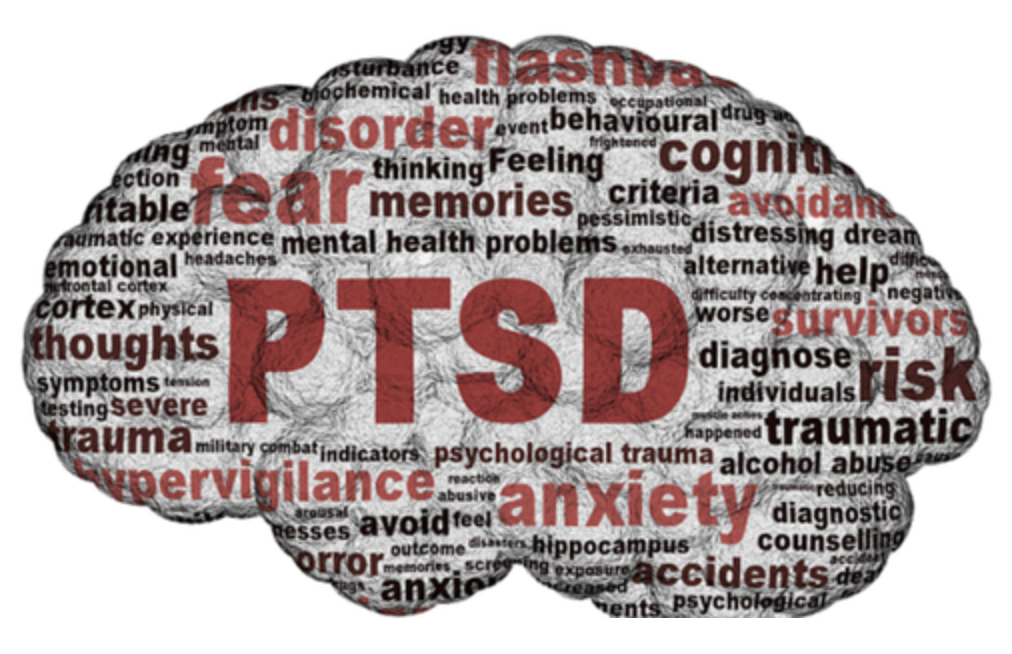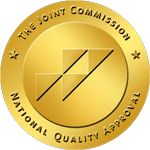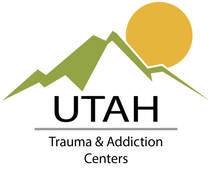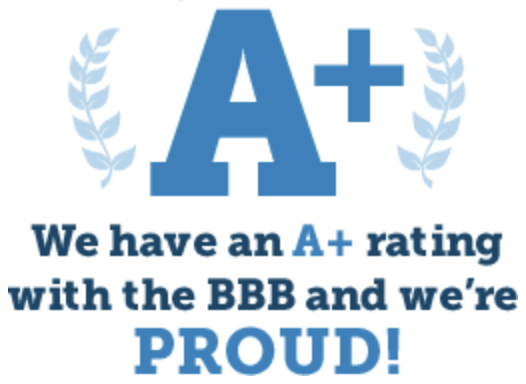Salt Lake City Drug Rehab Treatment Modalities
|
|
We have a true passion to stop the suffering that is associated with drug and alcohol use and do it through a number of treatment approaches that research has been able to prove efficient and effective.
Here is a list of the more common treatment modalities the majority of our programs use but are definitely not limited to: 1.) Alcoholics Anonymous/12-Steps: We believe it is important for our clientele to develop a long-term recovery based relationship within their community. The most effective way to do this is to introduce them to the 12 Steps and the program of Alcoholics/Narcotics Anonymous, etc. We help our clients learn the proper way to find a sponsor and to work the steps correctly so they become aligned for a very long time well after their treatment episode! |
2.) Anger Management: This helps our clients learn how to manage their emotions without abrupt eruption so impulsively. More often than not addicts use anger as their only tool of communication. This must be stopped if progress is ever to be made.
3.) Faith-based: Not all of our programs are christian-based, however for the clients that are; we help them learn to love themselves as well as forgiveness to others and self through the basic teachings of God.
4.) Case Management: This is provided at no additional charge to help the client obtain a place to live, a job to work, the courts are satisfied, etc. This is done so the client is set up for success once released from their drug and alcohol treatment center.
5.) Co-dependency: This is an issue of total reliance on one another, meaning the addict and their loved one(s) enable each other keeping themselves mentally unhealthy and therefore unable to truly heal. This is primarily addressed during family therapy or in a group setting.
6.) Cognitive Behavioral Therapy (CBT): This is a highly effective evidence-based treatment approach (96% success rate) where unhealthy thoughts/learned concepts are disputed and replaced with healthier coping behaviors for any type of stressful events.
7.) Daily Living Skills: Basic rehabilitation where a client learns to take better care of themselves and their environment through a daily routine of chores and hygiene, etc.
8.) Dialectical Behavioral Therapy (DBT): This treatment is primarily meant for helping addicts that suffer from Borderline Personality Disorder (BPD). DBT helps with emotional regulation, behavioral issues, and impulsivity through relaxation, mindfulness and meditative practices.
9.) Evidence-based: This simply means that the research has been able to prove and reprove in any condition that a particular treatment method is highly effective in helping a client heal.
10.) Experiential/Recreational: These are treatment methods used to help the client explore and discover more about their true authentic selves (mind, body and spirit) through fun and exciting activities mainly held in the great outdoors in nature.
11.) Faith-based: If you live in Utah, chances are you have some type of spiritual or religious background. We would be doing our clientele a huge disservice if we did not help them further research and explore their own faith and relationship with god. We do this is a very patient and non coercive manner. We never force this upon our clients and/or tell them what to believe!
12.) Family Therapy: This is a crucial part of the treatment experience when it comes to lasting healing. There are many unresolved issues that have been swept under the rug for years! The family is just as in need of help and support as the addict themselves. This is why weekly/ongoing family therapy is offered to help the entire family structure find new and healthy ways to communicate and co-exist.
13.) Individual Therapy: This is conducted with just the client and therapist alone and at least one time per week and more often than not, even more visits per week based on the specific and individual needs of the addict.
14.) LDS-based Therapy: This is when you make every effort to help the clients (upon clientele request) attend the LDS church on a weekly basis as well as allow for Bishop/welfare visits and encourage the client to learn more in-depth about the LDS gospel to help them become grounded in something greater than themselves just like the 12-Steps, etc.
15.) Motivational Interviewing (MI): This is a peaceful approach all of our master level clinicians take in confronting the clientele when it comes to addressing their ambivalence and helping the client make it their idea to first recognize and then change their destructive behaviors.
16.) Psycho-ed Groups: This is a daily group taught through either outdoor activity, daily living skills or hand-out curriculum facilitating discussion which helps the client restructure their unhealthy mental concepts and behaviors they have developed over the years
17.) Shame versus Guilt: This is a teaching we use on a daily basis to help our clients and their family learn the difference between the two as well as the different roles each family member plays and lastly how they keep a vicious cycle of shame ongoing unless new and healthy patterns are implemented.
18.) Therapeutic Group Community (TC): This is where the group of clientele is valued in the overall healing process through their personal experiences and feedback to one another to further help the clientele have insight into their addictive behaviors.
If you have further questions or want to better understand all of our treatment methods, call us at (801) 783-4813
3.) Faith-based: Not all of our programs are christian-based, however for the clients that are; we help them learn to love themselves as well as forgiveness to others and self through the basic teachings of God.
4.) Case Management: This is provided at no additional charge to help the client obtain a place to live, a job to work, the courts are satisfied, etc. This is done so the client is set up for success once released from their drug and alcohol treatment center.
5.) Co-dependency: This is an issue of total reliance on one another, meaning the addict and their loved one(s) enable each other keeping themselves mentally unhealthy and therefore unable to truly heal. This is primarily addressed during family therapy or in a group setting.
6.) Cognitive Behavioral Therapy (CBT): This is a highly effective evidence-based treatment approach (96% success rate) where unhealthy thoughts/learned concepts are disputed and replaced with healthier coping behaviors for any type of stressful events.
7.) Daily Living Skills: Basic rehabilitation where a client learns to take better care of themselves and their environment through a daily routine of chores and hygiene, etc.
8.) Dialectical Behavioral Therapy (DBT): This treatment is primarily meant for helping addicts that suffer from Borderline Personality Disorder (BPD). DBT helps with emotional regulation, behavioral issues, and impulsivity through relaxation, mindfulness and meditative practices.
9.) Evidence-based: This simply means that the research has been able to prove and reprove in any condition that a particular treatment method is highly effective in helping a client heal.
10.) Experiential/Recreational: These are treatment methods used to help the client explore and discover more about their true authentic selves (mind, body and spirit) through fun and exciting activities mainly held in the great outdoors in nature.
11.) Faith-based: If you live in Utah, chances are you have some type of spiritual or religious background. We would be doing our clientele a huge disservice if we did not help them further research and explore their own faith and relationship with god. We do this is a very patient and non coercive manner. We never force this upon our clients and/or tell them what to believe!
12.) Family Therapy: This is a crucial part of the treatment experience when it comes to lasting healing. There are many unresolved issues that have been swept under the rug for years! The family is just as in need of help and support as the addict themselves. This is why weekly/ongoing family therapy is offered to help the entire family structure find new and healthy ways to communicate and co-exist.
13.) Individual Therapy: This is conducted with just the client and therapist alone and at least one time per week and more often than not, even more visits per week based on the specific and individual needs of the addict.
14.) LDS-based Therapy: This is when you make every effort to help the clients (upon clientele request) attend the LDS church on a weekly basis as well as allow for Bishop/welfare visits and encourage the client to learn more in-depth about the LDS gospel to help them become grounded in something greater than themselves just like the 12-Steps, etc.
15.) Motivational Interviewing (MI): This is a peaceful approach all of our master level clinicians take in confronting the clientele when it comes to addressing their ambivalence and helping the client make it their idea to first recognize and then change their destructive behaviors.
16.) Psycho-ed Groups: This is a daily group taught through either outdoor activity, daily living skills or hand-out curriculum facilitating discussion which helps the client restructure their unhealthy mental concepts and behaviors they have developed over the years
17.) Shame versus Guilt: This is a teaching we use on a daily basis to help our clients and their family learn the difference between the two as well as the different roles each family member plays and lastly how they keep a vicious cycle of shame ongoing unless new and healthy patterns are implemented.
18.) Therapeutic Group Community (TC): This is where the group of clientele is valued in the overall healing process through their personal experiences and feedback to one another to further help the clientele have insight into their addictive behaviors.
If you have further questions or want to better understand all of our treatment methods, call us at (801) 783-4813
|
DETOXIFICATION |
|
